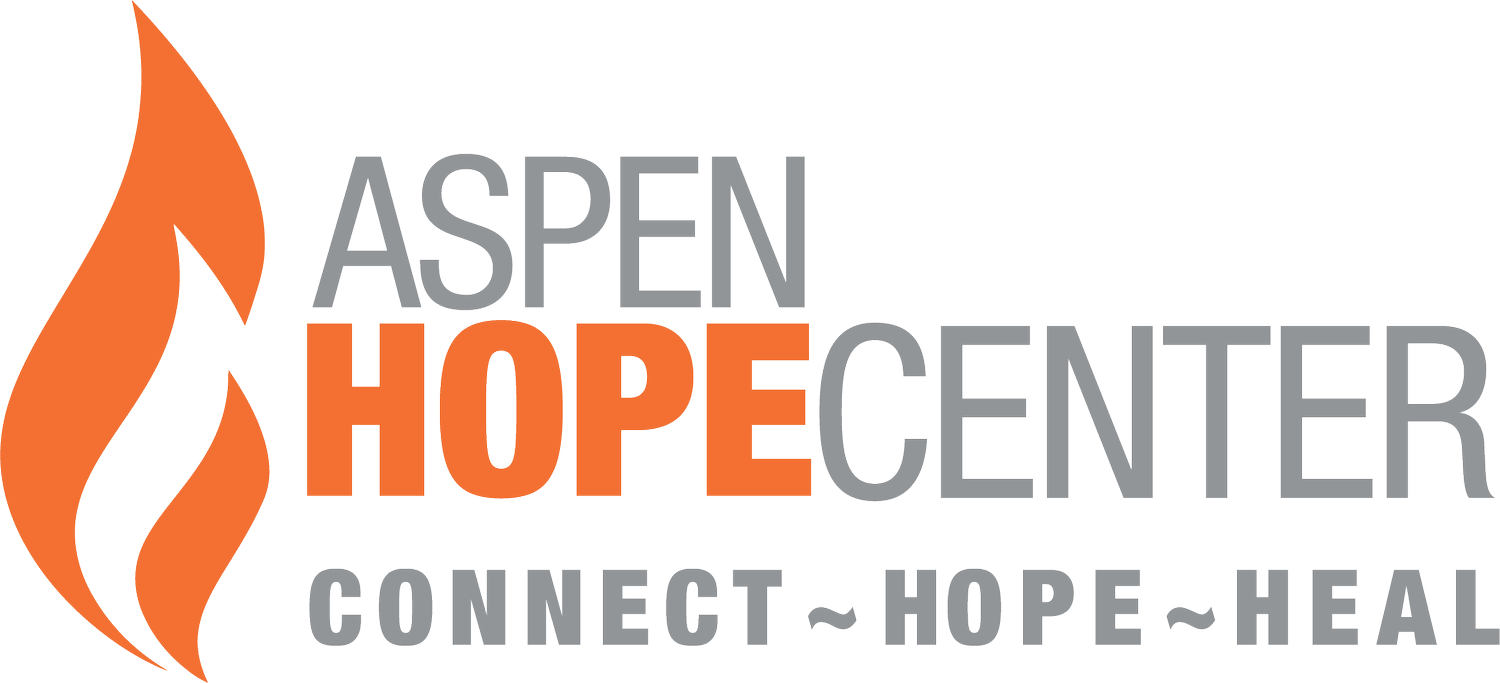Giving Thought: Coping with the social isolation of COVID-19
Tamara Tormohlen
Giving Thought
By forcing us indoors and disrupting our social connections over the last year, COVID-19 has caused huge amounts of stress and anxiety. Recognizing how the pandemic has burdened virtually everyone in the region, public-health agencies and mental-health nonprofits have joined hands to help raise awareness and offer assistance.
In an ongoing collaboration titled We Are Here For You, five nonprofit organizations and four local governments spanning the entire valley have partnered to shine a light on the subject of mental health and enable people to find help if they need it. The partner organizations are Aspen Strong, Aspen Hope Center, Mind Springs Health, Mountain Family Health Centers and Pathfinders. And the campaign is supported by the City of Aspen, Eagle County Public Health, Garfield County Healthy Communities Coalition and Pitkin County Public Health.
“It’s really interesting how mental health became a hot topic because of the pandemic,” said Angilina Taylor, executive director of Aspen Strong, which promotes and supports mental health in the valley. “It’s this collective experience that we’re all going through.”
Connecting valley residents to mental-health practitioners and resources has always been part of the Aspen Strong mission, in addition to breaking the stigma around therapy and mental health problems. But the tensions caused by the pandemic — social isolation, fear, inconvenience, ever-changing rules, political divisions and more — have all “opened the door” for some public outreach.
Anyone seeking information about mental health resources can visit the Aspen Strong website (aspenstrong.org). There’s a directory of local therapists, tips for handling stress, specific advice for parents and employers, an even an anonymous mental-health screening tool if you would like “a checkup from the neck up.” The information is available in both English and Spanish.
An online speaker series presented by Aspen Strong explores various mental-health issues and is open to all comers. From the Aspen Strong home page, just click on “events” and see what’s coming up.
On the second Wednesday of each month the organization also presents Time to Talk, an interactive mental-health support group that meets virtually to share stories and discuss what it takes to stay healthy in tough times. These Zoom meetings, led by Aspen Strong Treasurer Andy Godfrey and Co-Founder Lawrence Altman, are limited to 20 attendees.
Another way to plug in is to follow Aspen Strong on Instagram for events, tips and tools. March will be devoted mostly to mental health in the workplace.
The upshot of all these events and resources is, Taylor said, “you are not alone.” If the pandemic and/or one of its many consequences is getting you down, then reach out — to a therapist, if necessary, or perhaps to a friend or family member. Connecting with other people has been difficult for almost a year now, and it’s weighing on everyone.
For many, Taylor said, the promise of new COVID vaccines has given people an emotional lift. For others, the end of the divisive election brought a welcome sense of peace and quiet. But she cautions people not to expect any huge lifestyle changes just yet. Masks and social distancing are bound to be with us for a long time to come.
Nevertheless, she encourages people to “go somewhere or go see somebody,” even if it does involve masks, protocols and social distancing, because “those moments are even sweeter” in this environment, when that time with friends and family has become so rare.
And another tip: “Having something to look forward to, however big or small, is a great tool for mental wellness,” Taylor said.
Tamara Tormohlen is executive director of Aspen Community Foundation.
